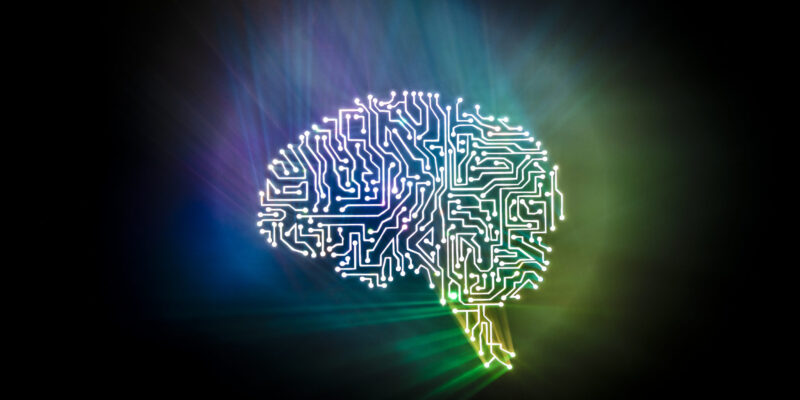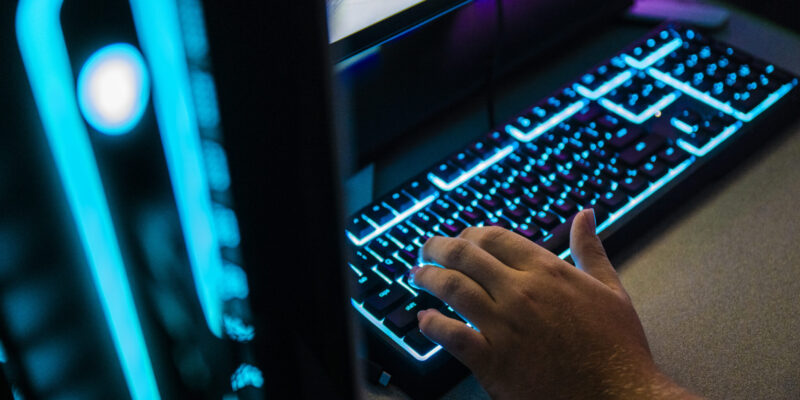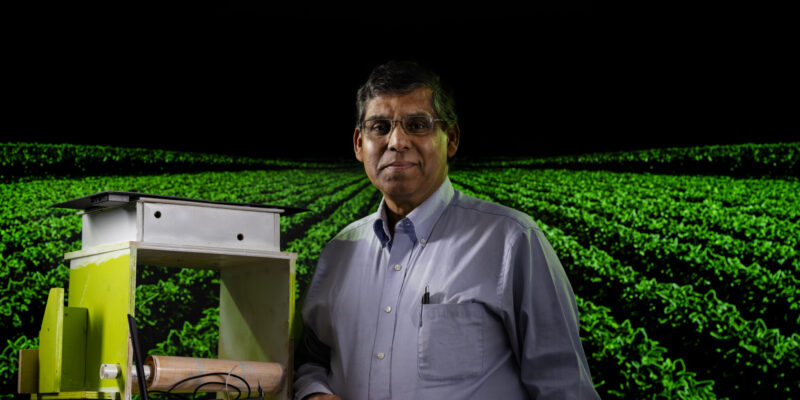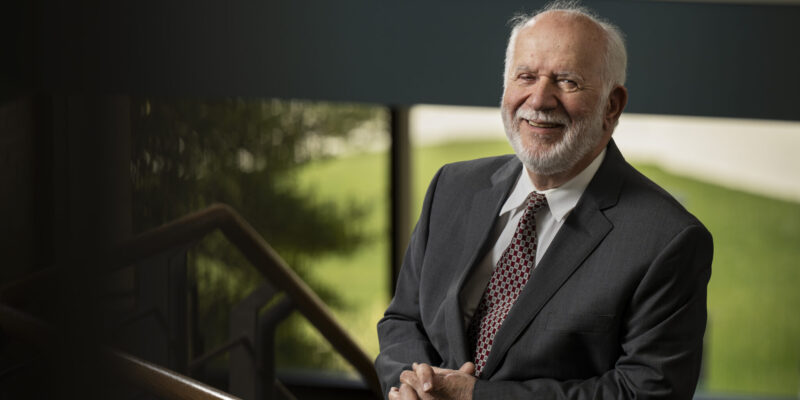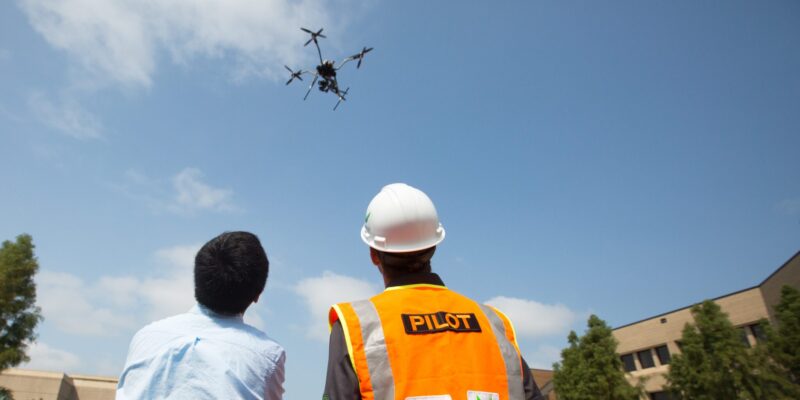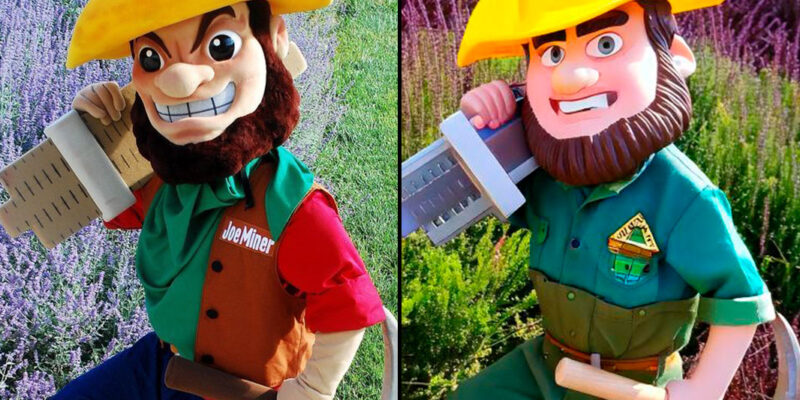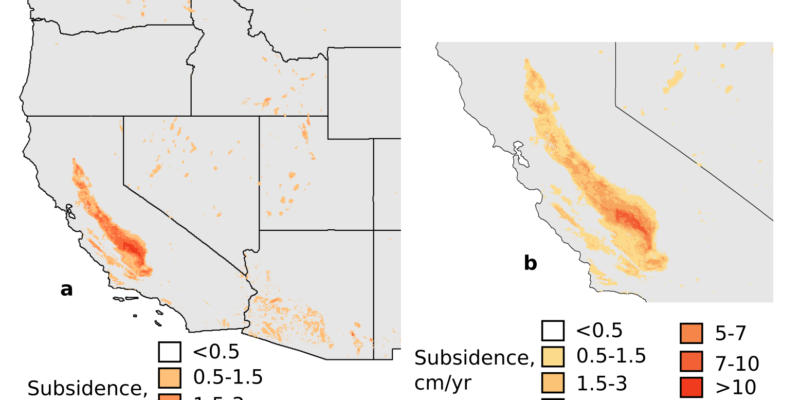Tag: artificial intelligence
Curators approve Missouri S&T to offer new AI master’s degree program
The University of Missouri Board of Curators voted unanimously today (Thursday, June 26) to approve a new master’s degree program in applied artificial intelligence — also referred to as “AI+X” — at Missouri S&T.
Read More »New psychology book examines how people compare AI versus humans
A new book by a Missouri S&T psychologist shares insights into the cost of disregarding artificial intelligence’s (AI) outcomes as being worth less than an actual person’s. These outcomes may be advice, evaluations of other people, harmful decisions, artistic creations or relational interactions.
Read More »The biggest barrier to AI adoption in the business world isn’t tech – it’s user confidence
The Little Engine That Could wasn’t the most powerful train, but she believed in herself. The story goes that, as she set off to climb a steep mountain, she repeated: “I think I can, I think I can.”
That simple phrase from a children’s story still holds a lesson for today’s business world – especially when it comes to artificial intelligence.
Read More »S&T researchers developing AI system to prevent pests, improve crop yield for rural farms
When many computer scientists say they are researching methods to stop bugs, they are likely referring to computer glitches and other issues. When Dr. Sajal Das from Missouri S&T says this, he is talking about the crawly and flying creatures afflicting agriculture operations.
Read More »Whittling down the wait list: Missouri S&T researcher’s AI kidney allocation software gains traction
Nearly 90,000 people in the U.S. are waiting for kidney transplants, yet a large number of kidneys never reach a recipient. Researchers from Missouri S&T are improving that with artificial intelligence.
Read More »Missouri S&T launches two-day courses for St. Louis-area professionals
Registration is now open for several two-day bootcamp-style courses that Missouri S&T has developed for the St. Louis area. “Throughout St. Louis, Missouri S&T has strong industry partnerships and thousands of proud alumni, and our bootcamps are designed to enhance their skills in key areas without having to leave the city,” says Dr. David Borrok, […]
Read More »AI will change your future
Artificial intelligence is here to stay, along with all its controversies, questions and ambiguity. It is rising in the workplace and changing the way we work. Many researchers have looked at potential downsides, but few have looked at the upsides.
Read More »Researchers apply machine learning to study fossil pollen
Dr. Francisca Oboh-Ikuenobe, professor of geology and geophysics at Missouri S&T, has joined colleagues from other universities to develop a new, more efficient method of identifying fossilized pollen that combines high-resolution imaging techniques with a form of artificial intelligence known as machine learning. They aim to improve the accuracy of fossil pollen identification and discover links to modern plants.
Read More »Research links sinking land to regions of high groundwater demand
Excessive pumping from underground aquifers can cause the surrounding land to sink and lead to damage to streets, bridges and other infrastructure, reduced groundwater storage, and contaminated drinking water, according to researchers at Missouri S&T. They are using a form of artificial intelligence known as machine learning to map the sinking – called land subsidence – to help water policy officials make informed decisions.
Read More »Researchers use artificial intelligence to improve efficiency in kidney transplant network
Tens of thousands of people are on the kidney transplant waiting list. Less than a third of them will receive a kidney this year, and thousands of kidneys are discarded because matches are not made while the donor kidney is viable. Researchers at Missouri S&T are using artificial intelligence to improve workflow efficiency within the transplant network to speed up the process and give patients a better chance of receiving a transplant.
Read More »